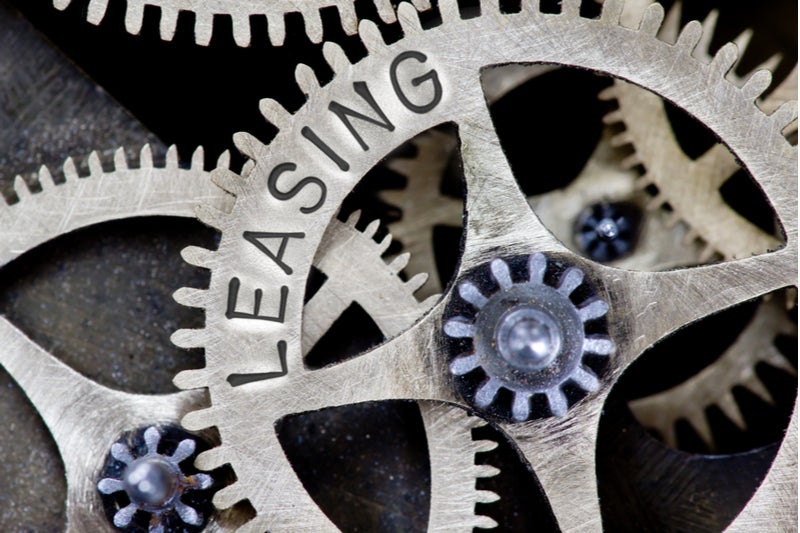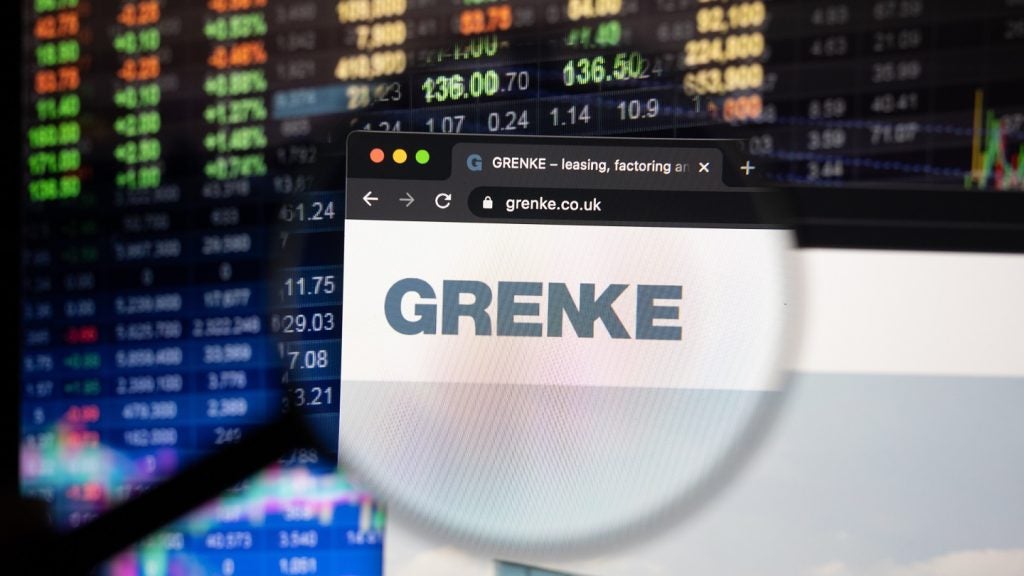
Total equipment leasing transactions in Japan totalled ¥5,239bn (37.83bn) in 2013, a 7.5% increase on 2012 figures, according to the Japanese Leasing Association (JLA). However, a sharp fall in consumer confidence following a consumption tax hike in April might have caused more recent leasing figures to plummet.
Among the 223 businesses surveyed by the association, leasing capital investment constituted 7.3% of total private capital investment in 2013.
Leasing to SMEs, defined as companies with capital under or equal to ¥0.1bn or sole proprietors, grew by 15.8% in 2013. Conversely, for the first time in two years, leasing to large enterprises with capital totalling over ¥0.1bn contracted, declining by 2.5%.
Smooth sailing in 2013
Within the overall lessee mix, SMEs dominate lease transaction volumes with 50.5% (¥2,645bn) of the total. Large enterprise accounted for a further 40.8% (¥2,137bn), of which almost half (18.2% or ¥0,955bn) came from listed companies (down from 22.3% or ¥1,085bn the previous year).
Lastly, public sector and "other" companies make up 8.7% of the market at ¥0,458bn, an increase on their 2012 share of 8.2%.
These results reconfirm the primacy of SMEs, which have seen uninterrupted positive growth and exceeded the share of large enterprise for the last four years, according to the association.
How well do you really know your competitors?
Access the most comprehensive Company Profiles on the market, powered by GlobalData. Save hours of research. Gain competitive edge.

Thank you!
Your download email will arrive shortly
Not ready to buy yet? Download a free sample
We are confident about the unique quality of our Company Profiles. However, we want you to make the most beneficial decision for your business, so we offer a free sample that you can download by submitting the below form
By GlobalDataAmong the types of equipment leased, computer hardware grew the strongest at 15.5%, combining with computer software’s 4.6% increase to return overall information and communication equipment leasing to positive growth (8.2%) for the first time since 2005.
Other strong performers included industrial equipment leasing, up 12.3%, and both construction and medical equipment leasing, at 12.9% and 10.8%, respectively.
Further, office (2.1%), transport (6.3%) and commercial and service equipment (1.8%) all witnessed positive growth.
Bucking the trend, factory equipment continued its two-year consecutive decline, shrinking 4.3%.
Overall, at 6.9% non-manufacturing leasing has continued on its three-year growth trend, while manufacturing witnessed its first growth in two years and was up 3.8% in 2013.
April showers
Despite continued incremental growth during the first quarter of 2014 and reaching a growth peak of 37.6% in March, Japan’s leasing industry’s buoyant performance last year has since stalled.
Compared to 2013 monthly figures, leasing business shrunk 20.4% in April and 29.9% in May this year. Overall, total lease transaction volume for the two months totalled ¥617.8bn, a 25.1% decrease on 2012 figures for the same period.
The figures for May saw several sectors plummet drastically, with industrial equipment leasing (down 78.7%), and medical equipment (down 46.5%), among the notable poor performers.
These numbers might reflect wider issues in the Japanese economy.
An increase in consumption tax, announced in October 2013 and effective from 1 April, knocked consumer confidence into decline for the first time since Prime Minister Shinzo Abe took office in 2012.
The first in 17 years, the hike raised consumption tax from 5% to 8% as part of the government’s plan to reduce the country’s crippling national debt. Despite a ¥5 trillion investment incentive package also included in the budget, the Bank of Japan’s quarterly Tankan index, which measures business confidence, showed a decline from the six-year high of 17 registered in the first quarter of 2014 to 12 at the end of June.
Among large enterprise, the index was down to 19 from 24 in the March quarter, as fear of weakening consumer demand in the face of higher prices dented optimism among the country’s business leaders.
Indeed, personal spending and industrial output shrank both in April and May, offering some explanation for the dramatic falls in leasing business recorded during the two months by the JLA.
Despite the second-quarter hiccough, however, the government’s outlook for the economy remains positive in the longer term.
Speaking in mid-June, Haruhiko Kuroda, governor of the Bank of Japan (BOJ), reported the economy was recovering moderately as a trend and said he expected the impact of the tax increase to start to wear off later this summer.
Supporting his optimism, the BOJ’s Tankan survey for the second quarter showed that big businesses plan to increase capital spending by 7.4% throughout the current fiscal year to March 2015.
If such expectations are realised, the fall in leasing figures is likely to reverse over the coming months.







